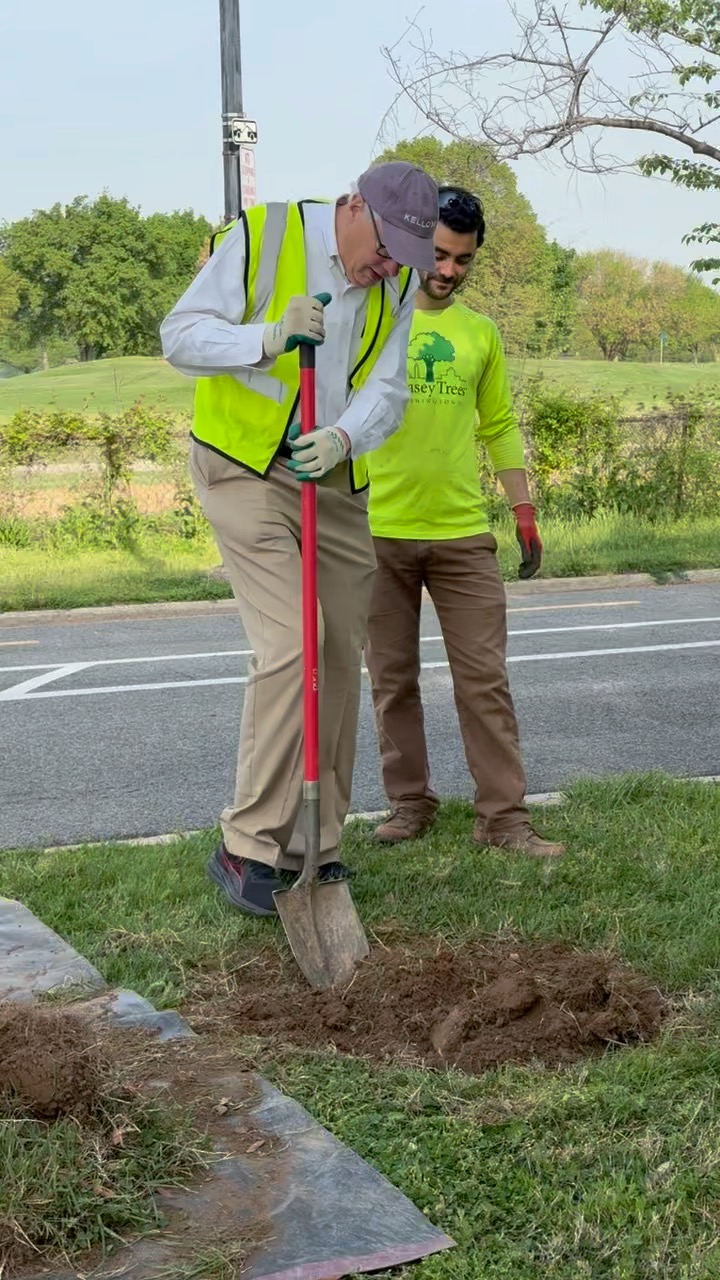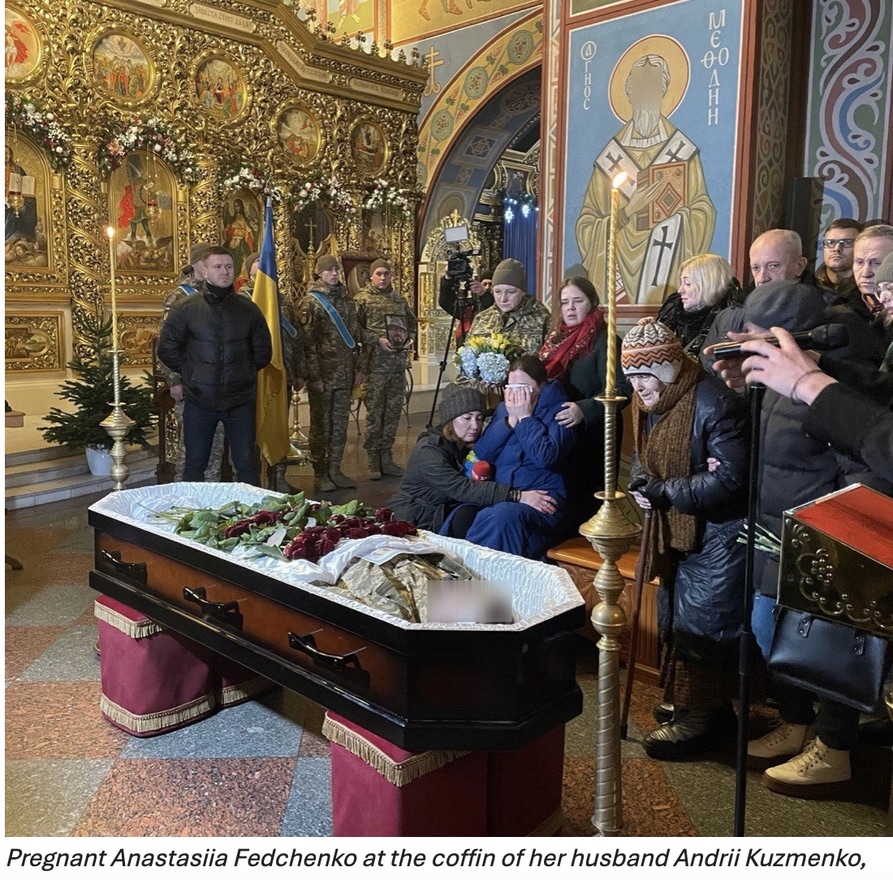The formal invitation came by mail and read as follows:
TowneBank
Cordially invites you to attend the:
Annual Meeting of Shareholders
Wednesday May 14, 2025 at 9:30 AM
The address for the meeting was the Richmond Convention Center. The invite closed:
Lunch will be served immediately after the meeting
Kindly reply by returning the enclosed card only if you plan to attend
The reply card asked if the attendees would stay for the luncheon. The only required information was first and last name of those attending. There was an addressed stamped envelope to mail the response.
TowneBank is $17 billion in assets with 2,800 employees in 51 branches throughout the greater Richmond, VA area. TowneBank converted from a mutual charter several decades earlier. In that process depositors could buy newly issued shares if interested. My wife converted her savings to stock.
TowneBank’s mission is:
Serving Our Community
Throughout our growth, we’ve never lost sight of our true mission: to continue to be a community asset by serving others and enriching lives.
Respect for the Owners
As a shareholder-owned financial institution, their board’s goal is to provide its owners an acceptable return and ensure trust and confidence in the firm’s leadership. Its invitation is gracious, formal in style and intended to encourage owner participation. It feels welcoming.
A Credit Union’s Annual Meeting
The annual meeting of many credit unions conveys just the opposite impression. Member-owners must register in advance to attend the meeting. The event is often virtual only, with no member attendance permitted. The agenda may state as mine did:
Matters requiring a vote
Please note that there is no new business to discuss. The only matter requiring a vote of the members in attendance is approval of the 2024 Annual Meeting minutes.
There is no voting for directors as the board nominated candidates equal the vacancies. No new items or old business will be permitted. There will be a Q & A for questions submitted in advance, and sometimes those added during the meeting.
This was the setup for Patelco’s 2025 virtual annual meeting last Friday. There was much material a member-owner might download at this site. The State of the Credit Union included 46 slides with much information both financial and operational efforts. The 2024 Annual Report is 18 pages of high level summaries, a financial statement (unaudited) and pictures of staff and board.
Patelco’s annual report and CEO meeting update met the letter of the law, but the Friday event lacked any hint of spirit. No celebration, no thank yous to members and carefully scripted to create an impression of a required exercise versus a shared experience with member-owners.
The Q&A Portion
The only section not prepared and sent in advance were member questions. Some were submitted prior and some during the meeting.
The cyber ransom attack was a major disruption in 2024. It was discussed in the CEO’s summary and in the Q & A. New information included an estimated total cost of $64 million of which $37 million was fraud losses caused by some 6,000 members during the outage. Their accounts were subsequently closed. The sale of Visa shares in January resulted in a $35 million gain which helped offset part of the cyber attack expense.
The Annual Meeting’s Intent
Is the Annual meeting a mere administrative formality to be closely controlled by the organizers? Or, is it an opportunity to enhance member confidence and support for their cooperative?
The meeting ritual can be much more than publishing required data and information. It communicates leadership’s attitude toward their member-owners. Patelco’s approach signals control not mutual responsibility. There were two examples that illustrate this approach.
Democratic Governance
When asked about the closed election process Chairman Rivera read the formal steps. He said there were no limits to board terms. Two board members’ service began in 1996. As of the next meeting, five more will have served for over two decades. Longevity is certainly an attraction for those in power.
The Chairman carefully avoided addressing the issue of democratic governance for topics such as: When was the last meeting in which there was a contested vote? Ever? Why does the board encourage members submit proxies, thus surrendering their right to vote in board elections? Why are no members allowed to attend in person? How meaningful is the member’s meeting in which all business is conducted with only employees present?
At a time when every segment of the country’s democratic processes seem to be under direct or implied threat, why is Patelco shutting down the democratic practice meant to be the hallmark of cooperative design?
This was a missed opportunity to highlight fundamental cooperative governance.
Questions About Threats from Without
The second reason for engaging members is that this is the source of the movement’s political power. Credit unions cannot out spend political funds or have enough lobbyists to rely on traditional forms of political influence. It is members voting their self interest that will secure credit union success in DC.
Three questions touched on national topics. One was whether Patelco was safe and sound at this moment, referring to bank problems. A second asked about possible threats from a government agency. The CEO’s response interpreted the question as referring to credit unions’ tax exemption.
And the last question of the evening: After President Trump fired two of the three NCUA board members—does this threaten our deposit insurance? CEO’s answer paraphrased: Your deposit insurance is not threatened, the NCUA board is reduced from three to one member but can continue to take the actions it needs to; your insurance is federally backed.
These questions referencing the external environment (taxation, NCUA board firings, bank uncertainties) were an opportunity to educate and prepare members for their critical role in countering these threats. It was the moment to rally the members with straight talk. Instead general assurances that everything is OK were given.
To suggest taxation is a just another banker’s campaign is to overlook the entire current context. True as always, but that is not what is going on that makes this a potential opening now. The response that the firing of two NCUA board members means “business as usual” at NCUA and the NCUSIF, is ill informed or naïve.
Both questions were an opportunity to remind members about credit union uniqueness and why there is a federal tax exemption—the purpose and role of cooperatives in a capitalistic market place. More vital, this purpose is regulated by a unique dual chartering framework. That system includes insurance fund options that require 1 cent of every member’s savings dollar be sent to capitalize their special cooperative fund.
To blithely assure members their fund and NCUA function like “business as usual” is to misstate the whole intent behind the board’s two removals. Moreover, the question of NCUA’s single member board authority is anything but settled.
If this is indeed the view of Patelco’s leadership about DC events, they need to do some homework. More importantly, their power to address these topics will rely on member awareness and the ability to rally their engagement when needed.
The Bottom Line
Credit unions are different by design until those who lead them cease to believe in that difference.
TowneBank believes in courting and encouraging shareholder engagement. They talk the same language as credit unions about community and customer support. But they back that community spirit up with invitations and hospitality.
Patelco’s actions speak much louder than the many pages of charts, numbers and operational activity in prepared reports. The annual meeting is not a member’s final exam for the prior year. It should be a celebration of mutual progress.
There has never been a time when acting to support democratic values and practice has been more vital. Credit unions should be leaders in this affirmation of member-ownership and governance. Without this effort, credit unions will increasingly be perceived as just another example of self-perpetuating oligarchy at work.









